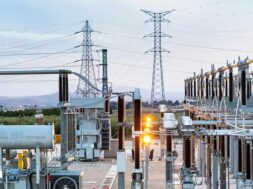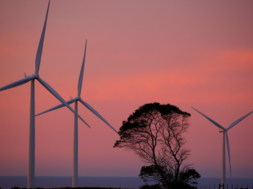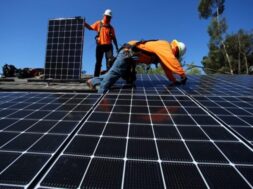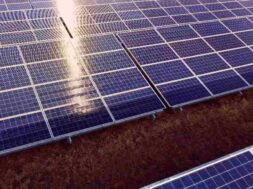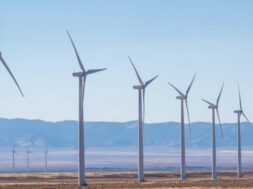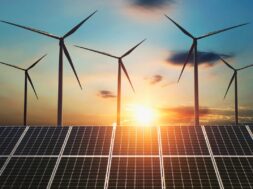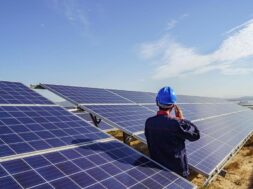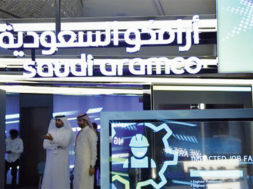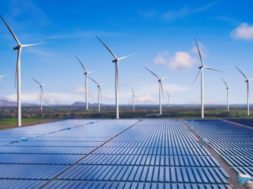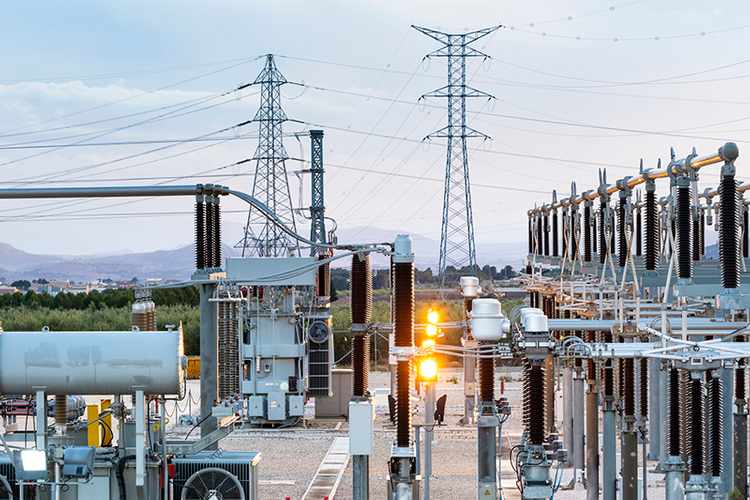
The increase comes despite Algeria’s decision to halt energy transfers through the Maghreb-Europe gas pipeline.
Morocco’s local electricity production has increased by 4.1% in the first quarter of 2022 compared to an increase of 0.8% a year earlier.
Recent data from the Treasury and External Finance (DTFE) attributed this development to the 19.9% increase in the production of renewable energy and an increase of 34.4% in electricity production from the National Electricity Office.
The treasury office emphasized that the increase came despite the Algerian decision to halt the Maghreb-Europe gas pipeline that supplied power plants in Tahaddart Ain Bni Matar.
On October 31, 2021, Algeria’s regime announced it would not renew its long-running gas pipeline contract that saw Algerian gas pass through Morocco on its way to Spain. The pipeline supplied Spain with gas through Morocco, with a fraction of the fuel and profits flowing to Rabat.
Tebboune’s government cited diplomatic tensions and its feud with Morocco as the main reason behind the decision to not renew the contract.
Algeria continues to supply Spain with gas but through the lower-capacity Medgaz pipeline. Recently, however, Algeria’s government threatened to end the gas contract with Spain if Madrid would sell Algerian gas to Morocco.
The Algerian threats followed Spain’s decision to change its foreign policy stance regarding the Western Sahara region, endorsing Morocco’s Autonomy Plan as the most serious and credible solution to end the dispute.
The Spanish energy ministry responded to Algeria’s threats, emphasizing that the European country “limited itself to responding to the request for support expressed by its partner, Morocco, to ensure its energy security on the basis of commercial relations between the two countries.”
In essence, Spain will provide its LNG ports and infrastructure to allow Morocco to import the liquified form of natural gas. Under this agreement, Morocco will be able to buy liquified natural gas on the international market and “unload it in a peninsular regasification plant.”
Morocco has been emphasizing that the end of the pipeline supply did not impact the local market.
